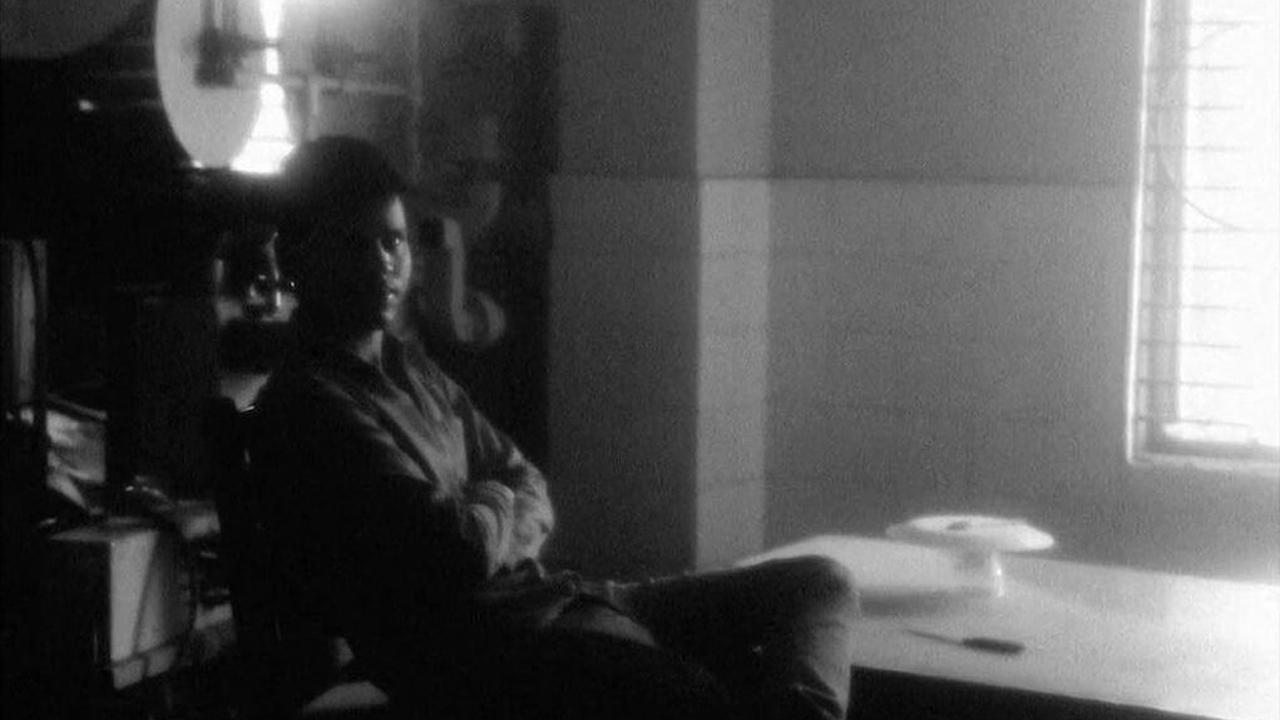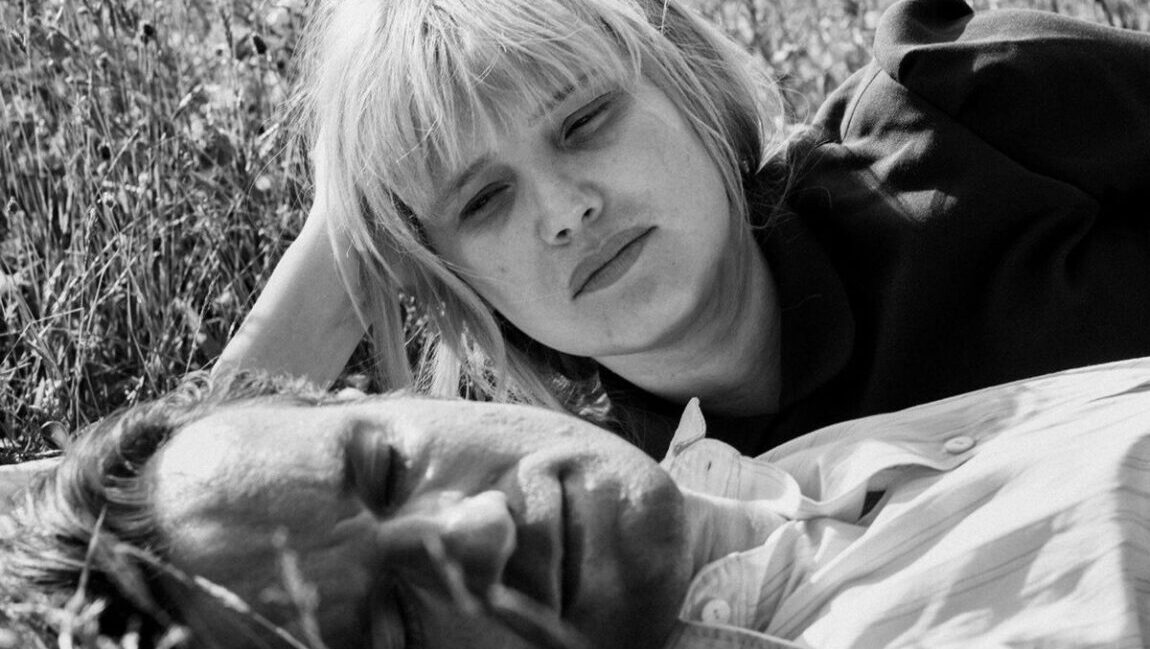If you haven’t seen Karel Reisz’s 1974 The Gambler before seeing Rupert Wyatt’s new Mark Wahlberg-starring remake, don’t watch it in close proximity to the new version. Here is yet another classic case of an original that makes the flaws of the remake seem that much harsher. There’s some wonderful mise-en-abyme surrounding Reisz’s original. James Toback wrote the heavily autobiographical script about a Jewish college English professor with a deeply self-destructive gambling problem while he himself was leading a double life as a heavy-duty gambler and English professor at the City College of New York. Toback originally embarked upon writing the script (which first started as a novel) as a sort of homage to Fyodor Dostoevsky’s novel The Gambler — and Dostoevsky, who was himself a heavy gambler, wrote the novel in order to pay off his gambling debts. Toback/Reisz’s The Gambler is in the pantheon of Robert Altman’s California Split and Jacques Demy’s Bay of Angels, films about gambling that are able to create genuine and detailed portraits of the thrill of the game and the debilitation of the compulsion, the addiction. The failure of the remake lies in its near-complete failure to dive into a gambler’s psychology. In the Toback/Reisz film, it is clear that the reason James Caan (despite being from an incredibly wealthy family, having a beautiful blonde girlfriend, and a reasonably good job) is willing to risk losing everything — money, girlfriend, even his life — is precisely because he is in love with the sensation of risk that comes with the gamble. For that reason, it’s telling that, in one of his university lectures, Caan speaks about how William Carlos Williams reaches the conclusion that George Washington is not really the ideal American because what Washington fears most is risk. Or, perhaps, he is the ideal in that what we want is to lead lives that reduce risk to a zero, where everything is planned and we feel in control of our own fate. For Caan’s gambler, however, this is the ugly antithesis of what it means to be alive; he finds intoxication in the moments before the card flips over or the ball comes to rest on the roulette wheel — the moment before all is revealed, when fate could still swing either way.
no one associated with this film knows a lick about gamblers or addiction
Alas, in his script for Wyatt’s remake, William Monahan seems to have no similarly incisive handle on what makes Wahlberg a compulsive gambler. The entire film basically plays as one scene after another of various characters looking Wahlberg up and down and offering a variation of “oh my god, why are you so self-destructive when you have everything going for you, you poor pretty rich boy.” The crux of Wahlberg’s problems have little to do with gambling and seem to be based in some sort of death wish. As one of his students points out, all of Wahlberg’s English lectures seem to come down to the question of “to be or not to be.” One would assume his existential black hole derives from his gambling addiction, but then his gambling addiction seems to come from his existential mess. By comparison to Toback’s more philosophical bent, this chicken-or-egg question is much less interesting, and is just a way for the film to escape from having to really dig into either problem. In preparation for the role, Wahlberg sat in on a number of lectures to get a sense of the way professors conduct class. However, whatever it is he sat through does not seem to have made too much of an impression on him as Wahlberg’s lecture-hall scenes, in which he is eviscerating students and acting too devil-may-care to not have been fired ten times over, take place on a different planet from the reality of any sort of classroom one is likely to find here on earth. Nevertheless, Wahlberg’s sheer commitment also provides the film’s main joys outside of the scenes containing John Goodman and Michael K. Williams as two of his creditors. While at times fun to watch, the tone here is too light and consciously cool to support, much less investigate, the darkness that so wholly permeates the original. Monahan/Wyatt’s The Gambler concludes on far too neat and upbeat a note, proving that no one associated with this film knows a lick about gamblers or addiction.








No Comments